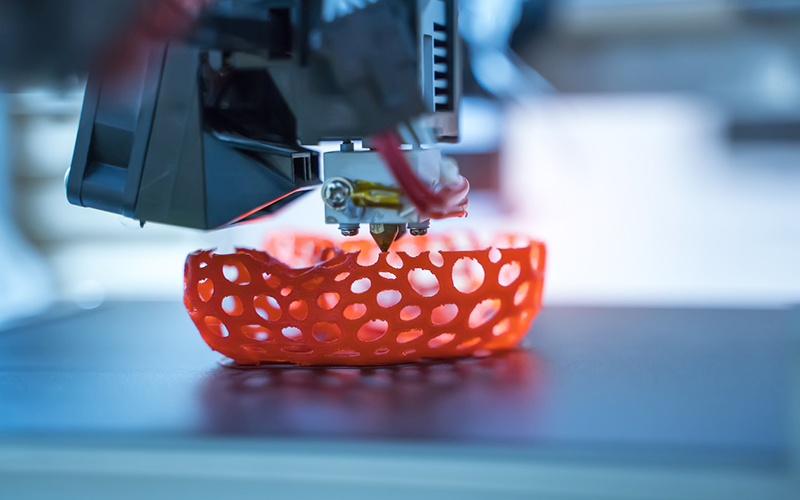Technique developed at Human Genome and Stem Cell Research Center, funded by FAPESP and hosted by the University of São Paulo, produced hepatic tissue in the laboratory in only 90 days and could become an alternative to organ transplantation in future
.
Using human blood cells, Brazilian researchers have succeeded in obtaining hepatic organoids (“mini-livers”) that perform all of the liver’s typical functions, such as producing vital proteins, storing vitamins, and secreting bile, among many others.
.
The innovation permits the production of hepatic tissue in the laboratory in only 90 days and may in the future become an alternative to organ transplantation. The study was conducted at the Human Genome and Stem Cell Research Center ( HUG-CELL ). Hosted by the University of São Paulo (USP), HUG-CELL is one of the Research, Innovation and Dissemination […]
Case Study: How PepsiCo achieved 96% cost savings on tooling with 3D Printing Technology
Above: PepsiCo food, snack, and beverage product line-up/Source: PepsiCo PepsiCo turned to tooling with 3D printing...





0 Comments